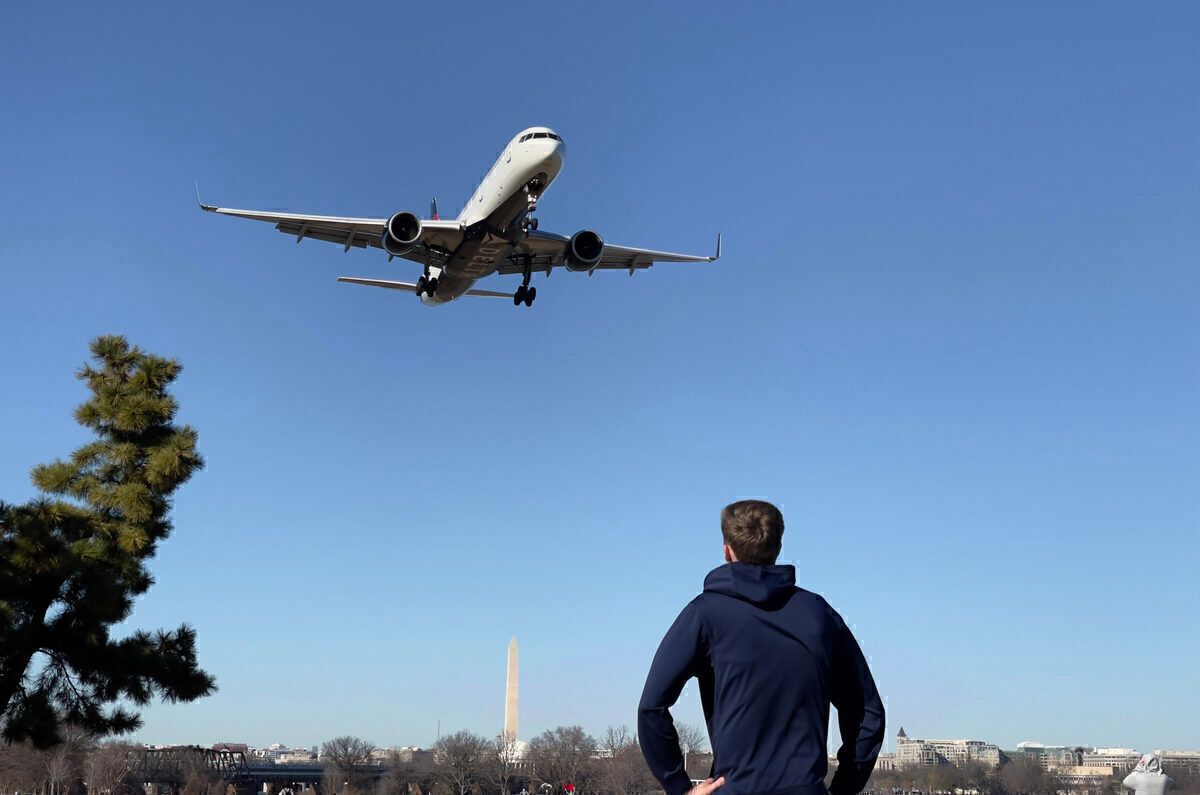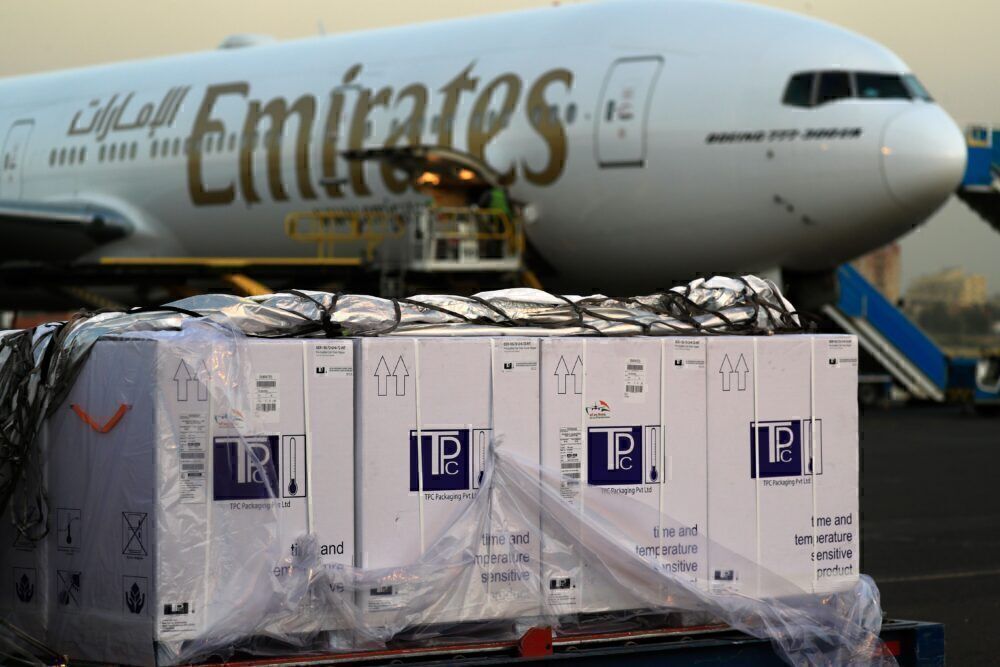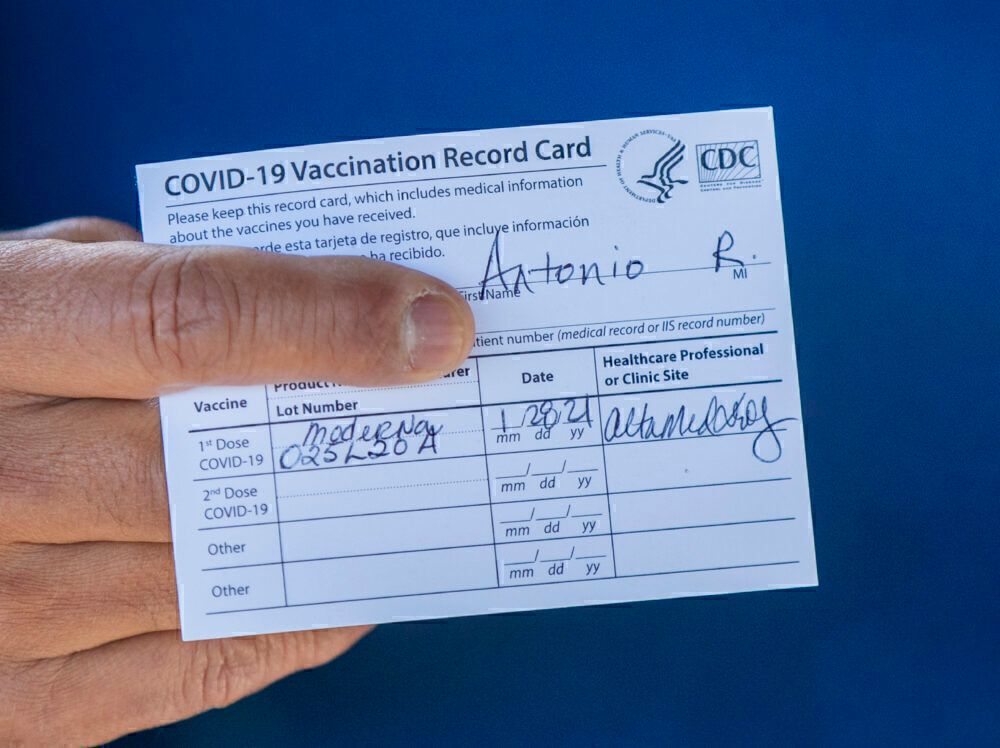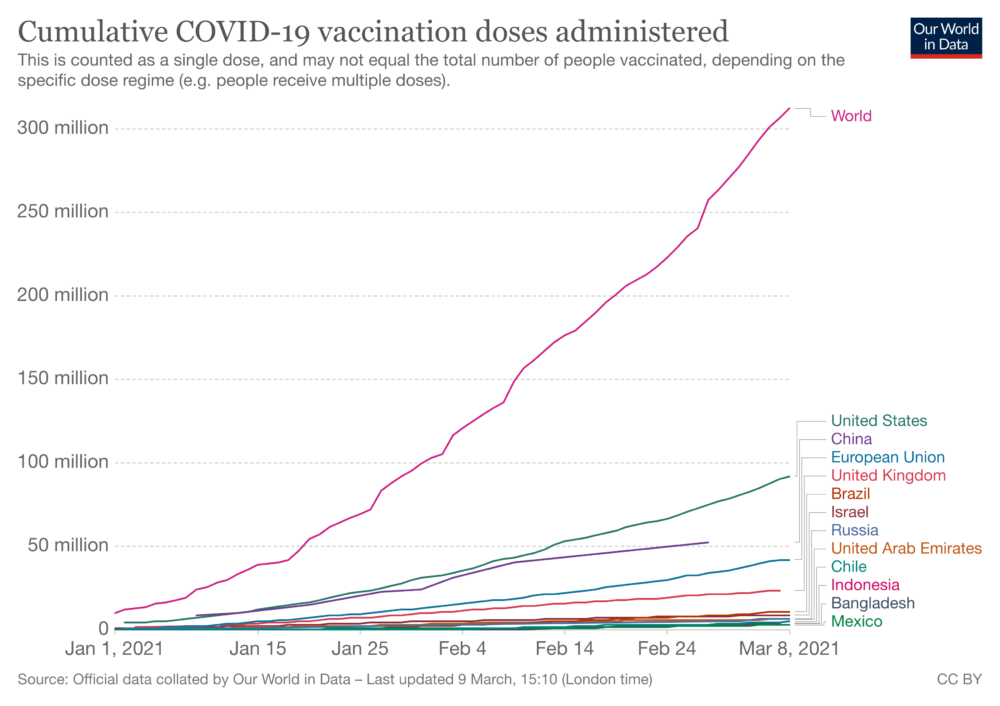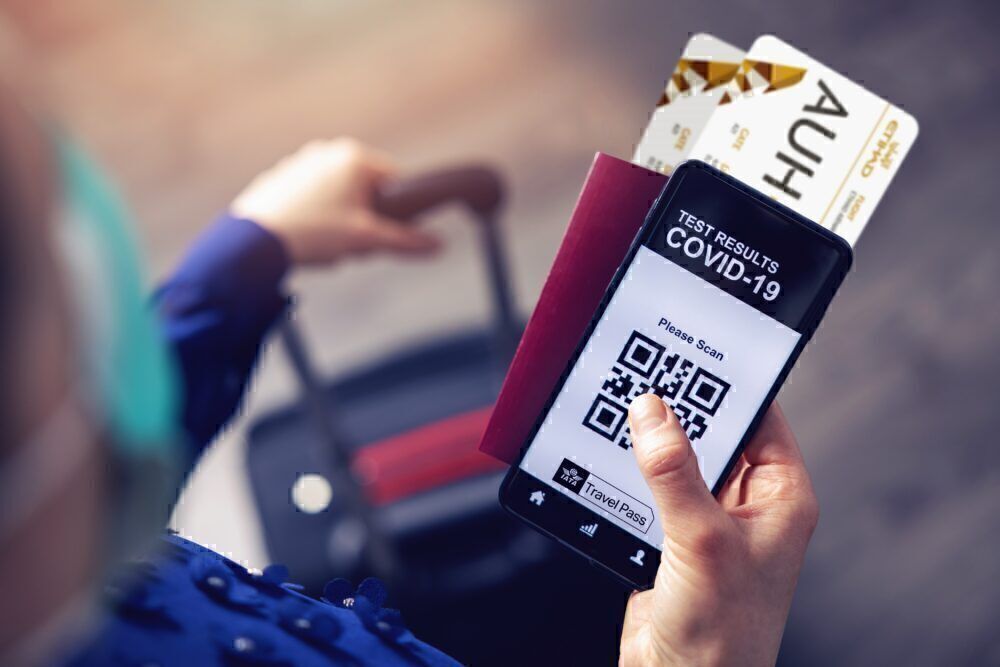With vaccinations and COVID test status being paper-based in so many countries, the potential for fraud and fakery is high. The International Air Transport Association (IATA) says that its Travel Pass could ‘all but eliminate’ this problem by providing verified, secure status proof that is tied to our digital identity. But without global recognition of a standard like the Travel Pass, successful resumption of widespread travel remains in jeopardy.
Fraud on a scale never seen before
Whenever a rule is made, there’s a small sector of society that will attempt to break that rule. In terms of certification, fake and fraudulent paperwork can be highly challenging to identify and weed out. With the world rapidly rolling out its COVID vaccinations, and vaccination seen as a precursor to widespread travel resumption, there is the potential for fraud on a scale never seen before.
Speaking at an IATA briefing, Senior Vice President for Airport, Passenger, Cargo and Security (APCS) Nick Careen outlined the scale of the problem the world could soon face with fraudulent COVID status for travel. He said,
“Fraud has been a problem; it's been a problem for decades. One recent and obvious example would be yellow fever and how that's managed and the problems we've had with that. Try to extrapolate that over entire planet and you can see what kind of problem we're going to have pretty quickly.”
Regular flare-ups of fake yellow fever vaccine certificates have previously caused worries for public health authorities. COVID is a whole new ballgame. The penetration of the novel coronavirus around the world has been so extensive, it leaves the door open to much more widespread fraud and the emergence of fake certificates.
Indeed, during the pandemic, we’ve already seen cases of fake COVID test certificates cropping up around the world. Europol, the European Union’s police agency, said in late January that fake negative certificates were found being sold in airports and stations in France, the UK and Spain. Fake vaccination certificates are a logical next step.
In fact, the Times of Israel reports that the country’s so-called ‘Green Pass,’ which proves a person has either been vaccinated against or recovered from COVID-19, is ridiculously easy to forge. That’s a problem many more nations are going to face in the coming weeks and months.
Stay informed: Sign up for our daily and weekly aviation news digests!
Paper verification is not going to work long term
While IATA is promoting its own Travel Pass app, the organization recognizes that it’s just one of a range of solutions out there. At no point has the Association claimed that its own solution is better or preferable to others available. However, the one thing it is clear about is that processing COVID status in a paper-based for is not a good strategy.
“Countries need to ensure that their citizens receive digital COVID-19 vaccination certificates when they are vaccinated, so that they have a verifiable digital document. Currently, the majority of countries are providing paper certificates, which are more susceptible to fraud.
“The manual processing of paper just does not work in a restart environment. It will be completely unsustainable, unacceptable, and many, many other ‘uns’ in terms of words that can describe why this needs to be digital.”
It’s easy to see Careen’s point here. There are a huge number of variations in terms of proof of vaccination and test status around the world already, and makes it impossible to verify that the credentials are real. Any normal check-in agent would have an impossible task to recognize and validate all the different methods in play. A unified, digitized approach is crucial to a successful restart, Careen explained,
“There have to be global standards to securely record digital proof of vaccination, and … mutual recognition and acceptance of COVID-19 certifications when people travel around the world. The World Health Organization, ICAO and OECD have been working on these standards, but each day without them means the challenge gets bigger.
“This process needs to be accelerated.”
Every day that passes without a standardized vaccination certificate sees more people receiving either their first or second dose of the vaccine. The World Health Organization’s latest update shows that more than three million doses have been given so far. All those millions of people already vaccinated will need to have any standardized proof retrospectively applied, increasing the headache for organizations like IATA.
The Travel Pass is one solution that could eliminate fraud
The beauty of the Travel Pass is its ability to link with registered labs for issuance of testing and vaccination certificates. The results of any COVID test or proof of vaccination would live in the app, and would be linked to the persons' unique digital identity. It’s a well-thought-out solution to a problem most governments are yet to fully embrace. Careen said,
“In terms of overall fraud, the verification process that we're promoting, in terms of the use of the Travel Pass, will all but eliminate that issue. That’s something that consumers want, but governments want as well, in terms of trusting the system … We need a digital piece as an important element of reducing the fraud.”
The message from IATA is clear – whether it’s the Travel Pass or another solution, the world’s governments need to lock in an answer to the question of testing and vaccine proof sooner rather than later. With some countries already anticipating opening borders to vaccinated travelers this summer, a global standard cannot come soon enough.

